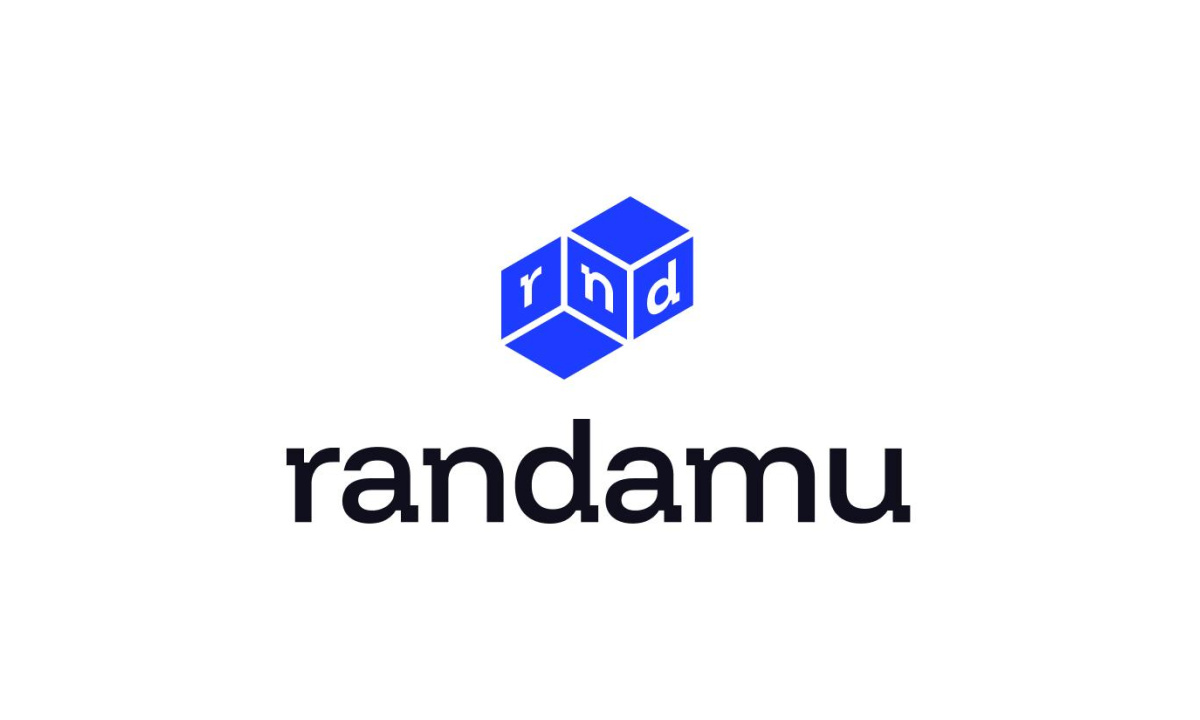Hong Kong’s Financial Secretary, Paul Chan Mo-po, has stated that the stablecoin ordinance will come into effect from 1 August 2025, according to a China Daily report published on 23 June 2025. This will make Hong Kong the world’s first regulated regime for stablecoins.
The implementation of the ordinance will follow its passage on 21 May 2025 by Hong Kong’s Legislative Council. It mandates entities or individuals issuing a fiat-referenced stablecoin (FRS) or Hong Kong Dollar-pegged tokens within the administration to obtain licenses from the Hong Kong Monetary Authority (HKMA).
Only licensed institutions can offer FRS, enabling retail investors to access stablecoins. The legislation states that these rules aim to protect the public and the investors. Additionally, to minimise fraudulent behaviour, the ordinance only allows ads for licensed FRS issuers.
Mo-po has emphasised Hong Kong’s role as a testing ground for China’s financial innovation and a launch pad for a Yuan-pegged stablecoin to be used for cross-border transactions.
Furthermore, it puts China’s central bank in a position to use Hong Kong as a testing ground for alternative payment methods to internationalise the Yuan.
The use case for Hong Kong as a sandbox is supported by the city’s offshore Yuan liquidity pool, estimated at around 1 trillion Yuan ($139 billion).
The licensing requirements put forth by the HKMA focus on several key aspects such as reserve asset management, proper separation of client assets and resilient stabilisation mechanisms.
Hong Kong’s stablecoin regulation is now law.
Starting Aug 1, 2025, a license from HKMA is required to issue any fiat-pegged stablecoin.Pegged to HKD or any fiat? You’re regulated—no matter where you’re based.#Stablecoins #CryptoRegulation #Web3Compliance pic.twitter.com/7ieEp2V7FS
— Shyft Network (@shyftnetwork) June 23, 2025
Also, provisions in the ordinance indicate that issuers must guarantee that stablecoin holders can redeem their tokens at par value under fair and reasonable conditions.
Explore: Top Solana Meme Coins to Buy in March 2025
Companies Rush in To Become Qualified Issuers
Mo-po stated that several businesses have already applied to the HKMA to become qualified issuers and that licenses will begin to roll out in the coming months.
Reportedly, companies that have applied for the HKMA license this month include logistics company Reitar Logtec and the overseas arm of the Chinese mainland fintech titan Ant Group.
JD.com, the e-commerce giant, too, is testing out the HKD pegged tokens through its fintech arm JD Coinlink. Several other fintech companies have been experimenting with the stablecoin issuer sandbox since July 2024.
Across continents, several tech giants in the US are adopting similar tactics to optimise cross-border payment infrastructure. Companies like Apple, X, Airbnb and Google are in early-stage discussions with various crypto firms to integrate stablecoins. T
Their decision to integrate stablecoin follows a bipartisan push by the Trump administration and US lawmakers who passed the GENIUS Act and the Clarity Act.
Explore: The 12+ Hottest Crypto Presales to Buy Right Now
Internationalising the Yuan Faces Headwinds
According to an article published by the South China Morning Post, Yuan’s share of global reserves fell from 2.8% in 2022 to 2.2% in 2024. This came about despite Beijing’s rapid deployment of cross-border payment infrastructure.
The article chalks this up to concerns regarding China’s debt issues, deflation and demographic pressures that have dampened capital flows and outweighed gains in trade settlements.
“The rise of stablecoins does not signify the creation of a new ‘supra-sovereign’ international monetary system,” the analysts stated. “Instead, they are just extensions of fiat money under existing regulations to facilitate cross-border transactions.”
Additionally, the analysts have also suggested restoring confidence in the Chinese Yuan by undertaking structural reforms. This includes revamping social welfare, restructuring debt, reforming taxes and creating a more growth-friendly environment, therefore internationalising the Yuan.
Concerns regarding financial stability led China to ban crypto transactions in 2021. In recent times, however, the country has warmed up to exploring alternative uses for this asset class.
Pan Gongsheng, the Governor of the People’s Bank of China during the Lujiazui Forum, confirmed that technology such as blockchain and distributed ledgers helped advance central bank digital currencies (CBDC) and stablecoins, therefore transforming payment systems and speeding up cross-border transactions.
Explore: 20+ Next Crypto to Explode in 2025
Key Takeaways
-
Hong Kong Stablecoin Ordinance to come into effect starting August -
Stablecoin issuers must get licensed from the HKMA -
China hopes to use Hong Kong as a sandbox for alternative payment methods to internationalise the Yuan
Why you can trust 99Bitcoins
Established in 2013, 99Bitcoin’s team members have been crypto experts since Bitcoin’s Early days.
90hr+
Weekly Research
100k+
Monthly readers
50+
Expert contributors
2000+
Crypto Projects Reviewed


Follow 99Bitcoins on your Google News Feed
Get the latest updates, trends, and insights delivered straight to your fingertips. Subscribe now!
Subscribe now
hong-kong-stablecoin-ordinance-takes-effect-august-1st

















Leave a Reply